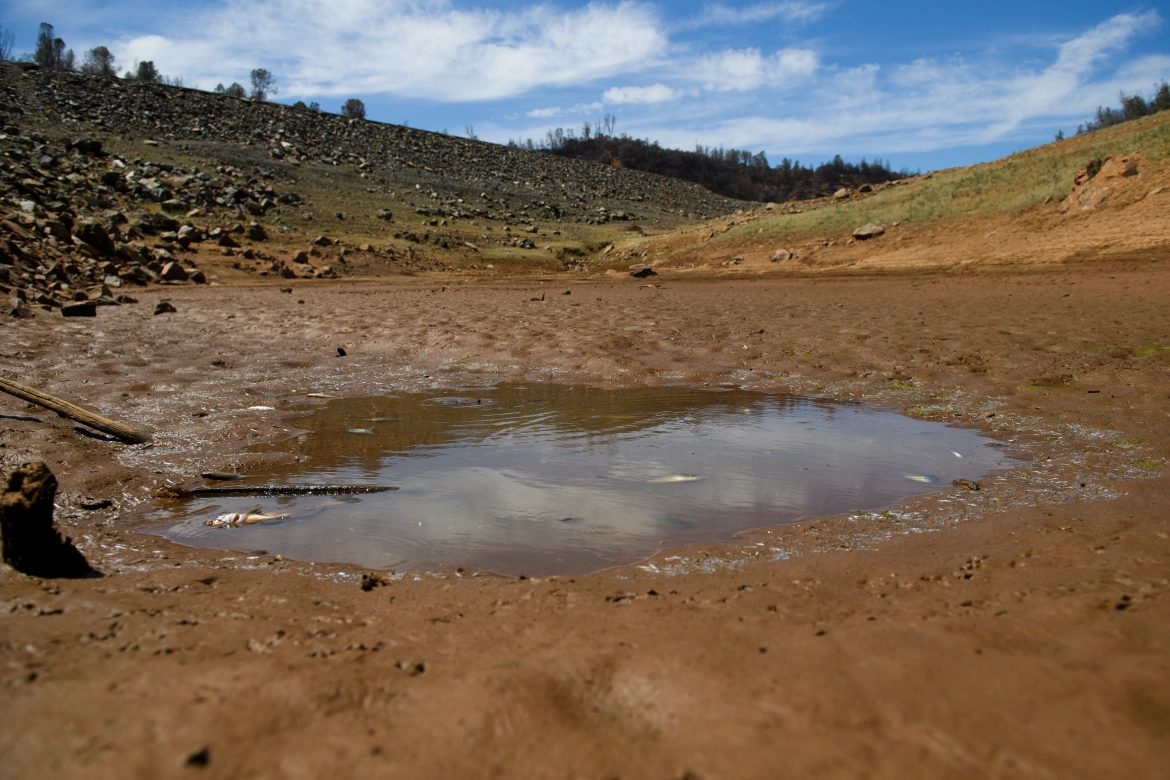LYANTONDE – At least 200 heads of Cattle have reportedly died in Lyantonde district following prolonged drought in the cattle corridor region.
A similar situation is reported in Sembabule, Kiruhura and Kazo districts, although the number of animals that reportedly perished was unconfirmed.
Cattle farmers and Veterinary Officers in the district have reportedly cried out unsuccessfully to the government for intervention.
Livingstone Kuvakulungi, a farmer in Lyakajura Sub County in Lyantonde recounted how he lost 20 heads of cattle in a space of three weeks.
“All my animals were dyeing while we watched, but could not help to get water and grass. At least we lost an animal every day on the farmyard,” he recounts.
Kuvakulungi calls on the Ministry of Agriculture to dig valley dams for their animals to save them from the drought.
“At least if the government can build for us valley dams for our livestock to have water because we are losing everything in life. These animals are our lives,” he remarked.
He also urges the government to provide and guide them on the right and effective drugs to use on their animals. Kuvakulungi says many animal diseases have become resistant, due to the ineffective and fake drugs on the market, resulting in the death of the animals.
This report has established that the farming communities in the cattle corridor have resorted to using local traditional herbs to treat their animals of all ailments including ticks, foot and mouth disease and others.
Moses Kusasira, an established farmer with 108 heads of cattle says, all the drugs on the market are counterfeit that kill their animals, thus resorting to local traditional herbs.
“We have lost trust in the veterinary drugs on the market, and we now use the herbs, because you know the kind of grass you pick, and you trust it hundred per cent,” he says.
Kusasira urges the government through the Ministry of Agriculture and the Uganda National Bureau of Standards to mount an operation on counterfeit drugs especially in the local veterinary drug shops.
The District Veterinary Officer for Lyantonde, Dr Ronald Bameka urges farmers to start planting grass for their livestock in preparation for such hard times like drought.
Dr Bameka says some grass is known for resisting such dry spells and can save the animals.
“Let farmers adapt and start planting grass that is resistant to long dry spells and drought, and can save their livestock in such times,” he added.
Bameka also cautioned residents against bush burning, a practice he blames for the rampant soil erosion and poor harvest in the communities.
Extremely Hot Weather Hinders Alternative Feeds Project
He pledged to use his office to cause the Ministry of Agriculture to plan for valley dams in the area, as well as availing tractors to smallholder farmers who can provide fodder to the animals after seasonal harvests.
When tasked to explain the counterfeit drugs on the market, Bameka accused traders of importing uncertified drugs by the National Medical Stores, and sell them to the farmers while others sell expired drugs.
He encouraged the farmers to always be keen while procuring drugs, by ascertaining the rightful expiry dates as indicated on the drug packs.
Livestock diseases like Foot and Mouth, Nagana, ticks, John’s disease among others have been rampant in the Cattle Corridor districts of Lyantonde, Sembabule, Kiruhuru, Kazo, Gomba and parts of Rakai and Isingiro.
This also forced government to slap an animal quarantine on the region, which has affected the incomes and lives of many livestock farmers.
Buy your copy of theCooperator magazine from one of our countrywide vending points or an e-copy on emag.thecooperator.news
